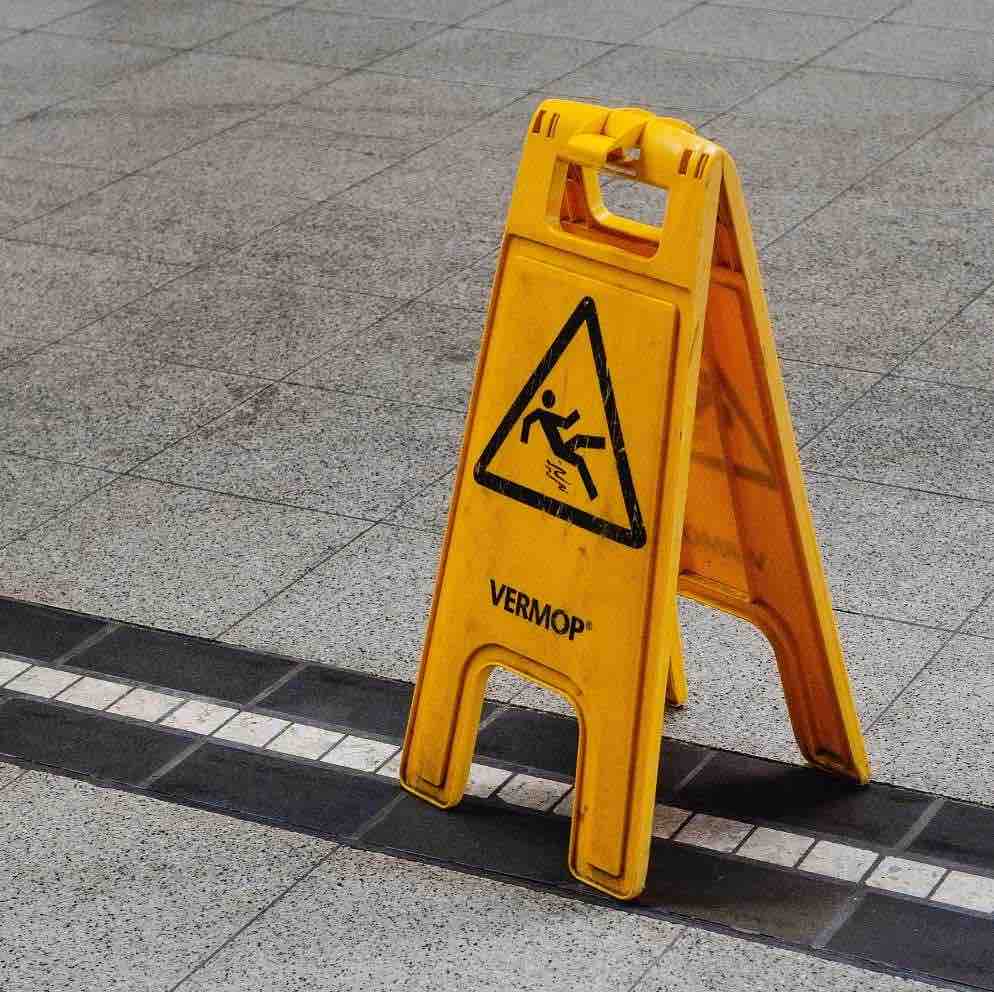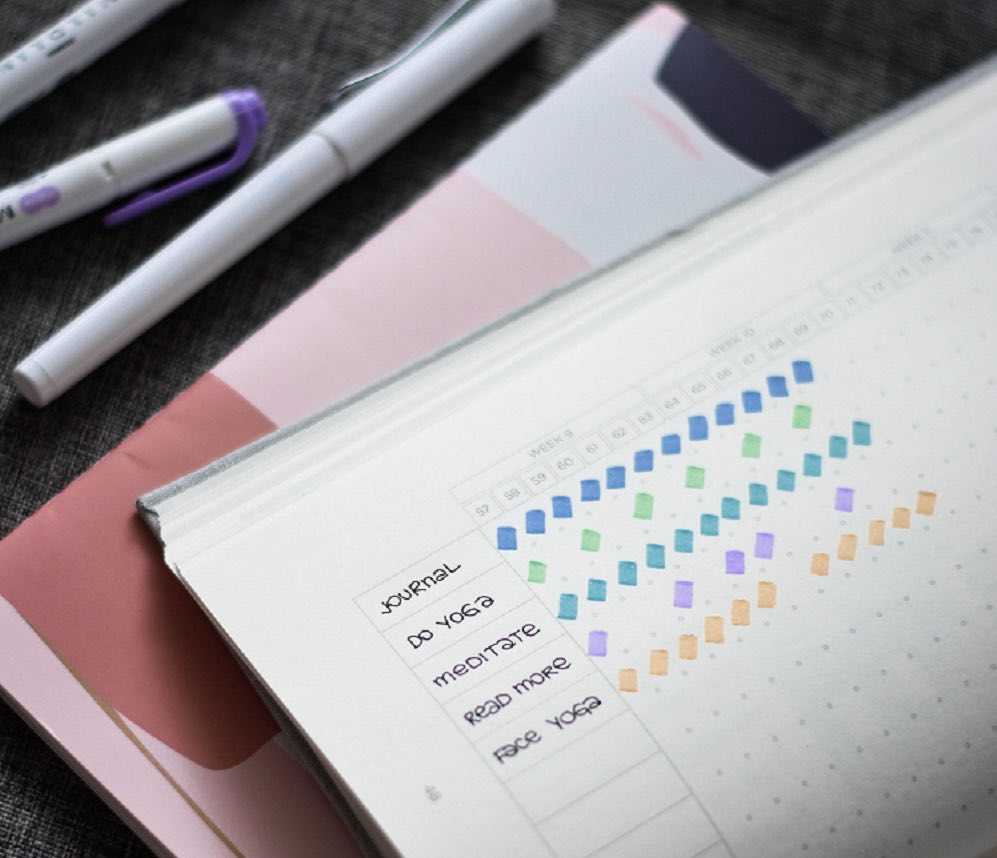5 Pitfalls That Can Hurt Your Credit Score
Getting a good credit score is a great achievement! It can help you qualify for the credit you need at the best rates. However, once you get there, it’s important to stay vigilant to maintain your good standing. Stay on track and avoid these common pitfalls that can seriously hurt your credit score.

Pitfall #1: Getting sloppy about payments
What can happen
Meet Rob. Rob took on a lot of new hobbies and got distracted from the essentials, like paying his bills. After missing a few monthly payments on his credit cards and his mortgage, Rob’s credit score took a hit and those negative records stayed on his credit report for years.
Your payment history is the single most important factor impacting your credit score – representing about 35%. How much your score drops after a late payment depends on other information in your credit profile, but in general, the better your score, the bigger the impact.
How to avoid it
Stick with your payment plans. Take advantage of tools like automatic payments and account balance alerts to make sure you have enough money for your bills. Contact your lenders and ask to adjust your payment date to the day of the month that works best for you. Check out these other everyday money habits that help keep your credit in check. If a single monthly payment is easier for you to manage, consider a debt consolidation loan to streamline your payments.
Pitfall #2: Maxing out your cards
What can happen
Meet Cliff. Cliff got a little too excited about fishing gear and other sportswear for his upcoming trip. He went on a spending spree and maxed out several of his credit cards, pushing his credit utilization ratio way over 30% and dragging his score down considerably (not to mention his debt load).
Credit utilization is the second biggest factor driving your credit score, and it signals to creditors whether you’re overextended or living within your credit limit. Staying below a 30% credit utilization ratio1 is a good goal, but the lower the better.
How to avoid it
Don’t forget about your budget and if you find you’re overspending, revisit it. Tally up your income and your expenses and see where the money is going. It may be time to adjust your spending goals to help you stay on track or try some of these simple hacks to cut back on spending. If you already overspent on your credit cards, consider refinancing your credit card debt with a personal loan that may help you save money and pay down your debt faster.
Pitfall #3: Opening a lot of new accounts at once
What can happen
Meet Avia. Avia loves loyalty programs and points. Unfortunately, she made a habit out of opening new credit card accounts just to get the sign-up bonus. Although she ended up with lots of airline miles and hotel points, those hard inquiries took a toll on her credit score right before she was trying to buy a new car.
The record of a hard inquiry stays on your credit report for 24 months, but its impact on your credit score decreases with each passing month and is relatively short-lived. Nevertheless, a drop in your credit score at the wrong time can cost you a lot in interest if you aren’t careful.
How to avoid it
Only apply for credit when you actually need it. If you want to shop around for the best rate, check out lenders that only perform a soft inquiry for a rate check or make sure to do your rate shopping within a short timeframe. When it comes to mortgages, auto loans, and student loans, credit scoring companies treat multiple inquiries for the same loan within a certain window of time as just one hard inquiry (the window varies from 14 to 45 days, depending on the credit scoring company).
Pitfall #4: Missing errors on your credit report
What can happen
Meet Stephanie. Stephanie had great credit, but she got lazy about monitoring her score and reviewing her credit report once a year. Unbeknownst to her, one of her accounts was erroneously reported as 90 days past due and seriously hurt her credit. Once she noticed the error, it took several months to correct the information at the credit bureaus and see her score climb back up again.
As we know, your payment history is the single most important factor impacting your credit score, and even an erroneous late payment can have a big impact on your score.
How to avoid it
Sign up for free credit monitoring with automatic alerts so you always know when something in your credit profile changes. Review your full credit report once a year and if you find a mistake, take action to fix the error.
Pitfall #5: Engaging a debt settlement company
What can happen
Meet Tom. Tom’s debt load got unwieldy after a spending spree on vintage vinyl and some unexpected expenses. He was having trouble making his monthly payments and instead of contacting his creditors directly, he signed up with a debt settlement company. Although they were able to settle some of his debt for less than the full amount, he ended up paying some hefty fees to both the debt settlement company and his creditors, and his credit score suffered immensely.
Although a settled account on your credit report is generally better than a charged off account or a bankruptcy, it still hurts your credit score to have anything other than a “paid-in-full” record. How much your score drops due to a settlement depends on other information in your credit profile but settling for less than the full amount will almost always have a significant negative impact on your score.
How to avoid it
If you find yourself with unmanageable debt levels, contact your creditors directly and see if you qualify for hardship programs, rate reductions, or other payment plans before heading to a third-party. Most lenders prefer to work directly with their borrowers and may have options for you.
Closing Thoughts
Whether you already have a good credit score that you want to maintain, or you’re striving to improve your score, it’s important to avoid these common pitfalls that can drag you down. Stay on top of your monthly payments, keep your spending in check, and only take on new credit if you really need it. Check out Upgrade’s Credit Health for free credit score monitoring and other resources to help you make the most of your credit.


